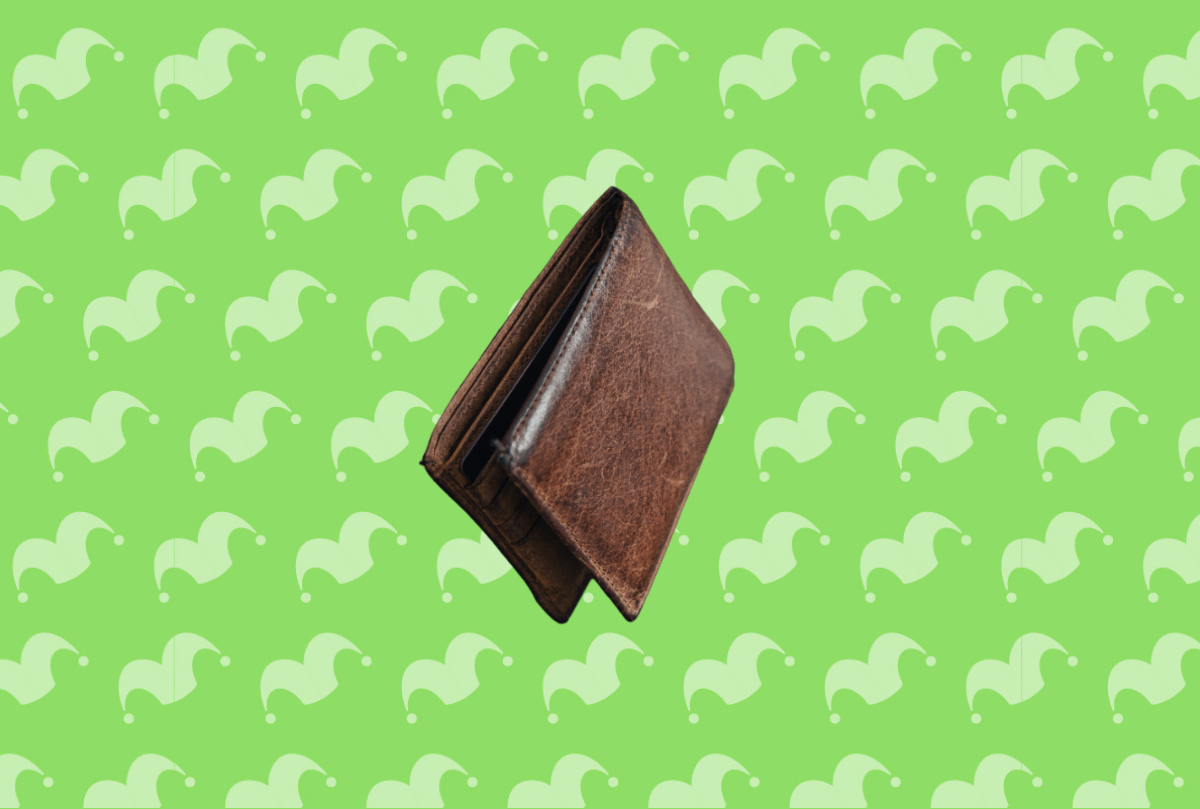Here's What Happens if You Take Out a Personal Loan You Can't Afford
Borrowing an unaffordable amount of money could have long-term financial consequences. Keep reading to learn more.

If you need to borrow money for a big purchase, a personal loan is one option. You can typically get a personal loan to pay for almost anything you want, and they come with an average interest rate of 12.35%. So you're likely to be charged a lower rate to borrow than if you used a credit card.
Before you take a personal loan, though, you'll want to be absolutely certain you can easily afford the payments. If not, you could face some pretty serious consequences. Specifically, here's what could happen if you take out a personal loan that you struggle to pay back.
You could compromise other financial goals
If you take out a personal loan and your payments just fit into your budget, you may be able to afford to make them -- but not to do much else. Devoting too much of your money to paying back your personal loan could mean you don't have the funds to save for retirement or life's other big purchases and expenses.
You could also have a harder time making your income stretch far enough even just to cover the basics if you're sending a lot of it to personal loans. You don't want to end up having to go further into debt because you have to borrow for essentials.
You could damage your credit score
Payment history is the most important factor in your credit score, and even one late payment could bring that score down by over 100 points. Unfortunately, if you are late paying your personal loan, your lender is most likely going to report that to the credit reporting agencies once you're behind by a month or more. This could lead to very serious damage to your credit record.
Since everyone from landlords to utility companies to mortgage lenders check your credit score, the damage done by your unaffordable personal loan could stretch into many aspects of your future financial life.
You may be charged late fees
If you pay your personal loan late because you don't really have the money to make payments on time, this could lead to late fees being charged. These are typically between $25 and $50, although it varies by lender.
If you are getting hit with late fees, then a loan that's already too expensive becomes even less affordable.
You could end up getting a judgment against you
If you can't pay back the loan at all, you could end up with the lender sending you to collections. This will show up on your credit report and do even more damage to your score.
The lender or a collection agency it sells your loan to might also sue you and get a court judgment ordering you to pay up. This could lead to further legal action, such as wages being garnished (taken to pay your creditors) or a lien being put on your property. Lenders don't always sue, or even sue very often, but it is still a possibility you should be aware of.
For all of these reasons, it's critical you make sure you can afford any personal loan you might take out. Find out exactly how much your monthly payments are going to be before you commit. Check your budget to see how they fit in and, if possible, consider practicing that payment by putting the amount you'd owe each month into a savings account for a few months and living on what you have left over.
If you find you can't absolutely be 100% sure you can make your personal loan payment and still cover your other expenses, try to avoid borrowing at all costs. Otherwise, you could face all these undesirable consequences of taking out a personal loan you can't afford.
Our picks for the best personal loans
Our team of independent experts pored over the fine print to find the select personal loans that offer competitive rates and low fees. Get started by reviewing our picks for the best personal loans.
We're firm believers in the Golden Rule, which is why editorial opinions are ours alone and have not been previously reviewed, approved, or endorsed by included advertisers. The Ascent does not cover all offers on the market. Editorial content from The Ascent is separate from The Motley Fool editorial content and is created by a different analyst team.The Motley Fool has a disclosure policy.























